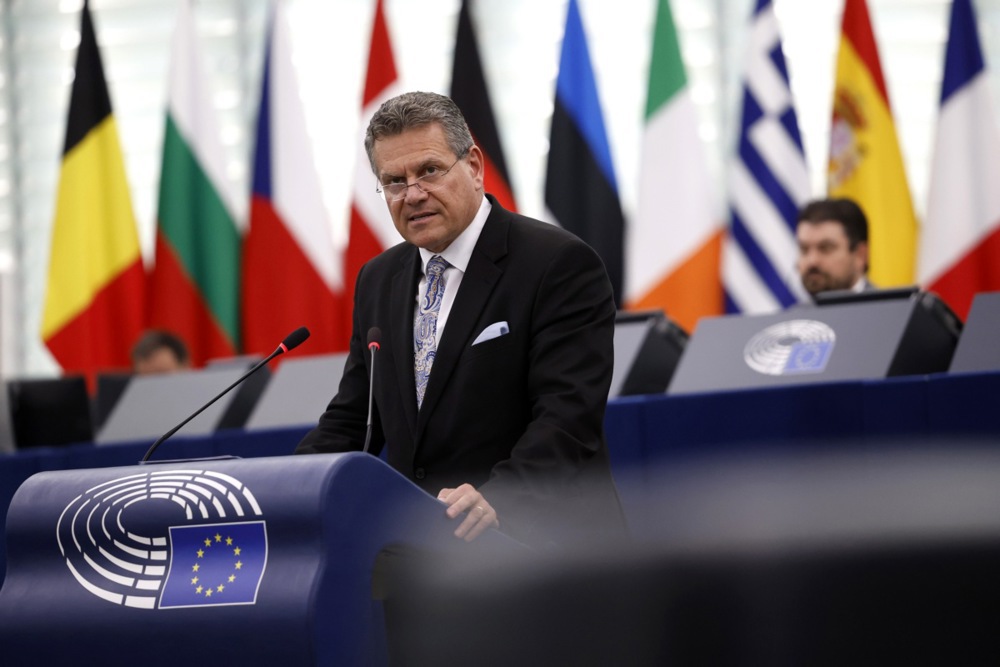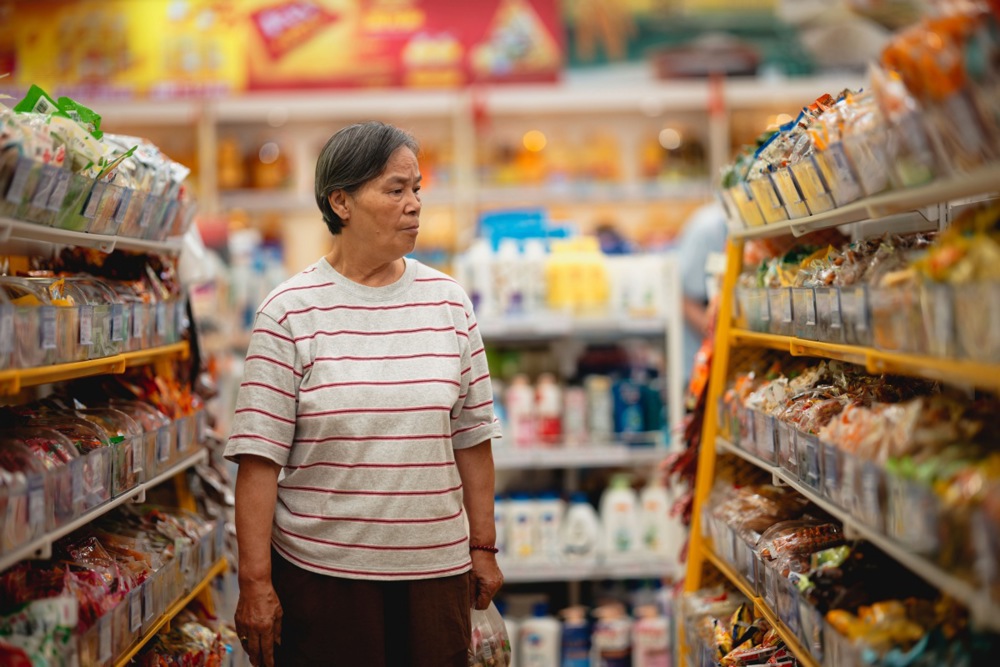The European Commission gave Denmark €36 million to subsidise more climate-friendly fuel in domestic aviation.
This was the first time the EC had released state aid for such a project. The goal is to help airlines use jet fuel made from waste, such as used cooking oil or animal fat, instead of fossil oil. The fuel emits less carbon, but it costs far more.
The announcement came as air travel has rebounded across Europe. Passenger numbers were expected to keep rising, with global air travel projected to double by 2050, Bloomberg reported July 21.
The international airline association IATA expected air travel to grow by 6 per cent this year, while sustainable fuels still accounted for less than 1 per cent of global supply.
Even IAG, parent company of British Airways and a world leader in Sustainable Aviation Fuel (SAF) use, relied on fossil fuel for more than 98 per cent of its flights last year.
Unlike road transport, aviation has largely avoided restrictions. There are no EU-wide taxes on kerosene, no passenger caps and no direct limits on flights.
Instead, the EU is banking on a shift to SAF and Denmark has become the bloc’s first test case.
SAF is not one single fuel but is chemically close enough to fossil kerosene to be used in standard aircraft without engine modification.
The Danish scheme will support one or more domestic routes flying with at least 40 per cent SAF — near the technical limit of 50 per cent.
Under current EU law, only a 2 per cent SAF blend is required this year. Airlines receiving support will be reimbursed for the price gap between SAF and fossil fuel and for related airport costs.
Grants will be paid monthly and awarded through competitive bidding. At least 20 commercial one-way flights per week will be supported. The goal is to cut emissions without cutting flights.
The EC said on July 19 that the scheme complied with EU state aid rules and was the first of its kind to go beyond existing fuel mandates.
According to the EC’s Executive Vice-President for a Clean, Just and Competitive Transition Teresa Ribera, the Danish plan “paves the way for more sustainable aviation by going beyond what the EU currently requires”.
The UK has launched a similar SAF subsidy programme, distributing £198 million (€229 million) to date.
The production of SAF remains far below the levels needed, though. On July 16, IATA’s director-general warned the EU targets were unlikely to be met. “I struggle to see how we will have sufficient sustainable aviation fuel available,” Willie Walsh said, adding that airlines were sourcing SAF from outside the EU just to comply — even if that meant shipping waste oil from overseas, AFP reported.
The fuel’s limited supply reflected a deeper problem. Most SAF today comes from waste, specifically from oils and fats left over from cooking or food production. These are attractive to regulators because they don’t require farmland and are considered more sustainable. But their supply is tied to the volume of food and animal waste generated in the first place.
According to the OECD-FAO Agricultural Outlook published on July 15, these waste oils are “not unlimited resources” and are already in competition with other industries, such as animal feed and chemicals. Their availability depended on how much waste was generated, not how much fuel was needed.
First-generation biofuels made from crops such as corn or palm oil were still far more common but carried higher carbon emissions.
The EU is phasing out palm oil-based fuels by 2030. In most high-income countries, biofuel growth was already slowing due to weaker policy support and the rise of electric vehicles.
Global use is expected to grow by just 0.9 per cent annually over the next decade.
SAF is now seen as the only viable way to decarbonise aviation in the medium term. But it costs two to five times more than fossil kerosene and IATA estimates that only 7 per cent of jet fuel will come from SAF by 2050 — far short of its own net-zero targets.
In response, governments have been pushing new mandates and subsidies although not all of them align.
In the United States, the latest bill signed by US President Donald Trump earlier this year removed federal incentives for SAF made from foreign feedstocks. These included used cooking oil from China and animal tallow from Brazil.
The decision came as part of a broader package aimed at promoting domestic energy production and cutting imports, the same logic behind Trump’s tariffs on steel, solar panels and batteries.
But the two approaches now appeared at odds. The tariff strategy was sold as a way to “make others pay” but in the case of SAF, observers reported it made the US pay instead.
Airlines must still meet their fuel targets but were now limited to using domestic feedstocks, which are more expensive and in shorter supply.
“Let’s not have the American taxpayer help you do that,” said Ed Prosser of agricultural trader Scoular, referring to importers of foreign biofuel, Bloomberg reported July 1.
The industry has pushed back, though. A major US oil group told Congress that the new SAF restrictions, combined with broader biofuel blending mandates, could raise compliance costs to $70 billion per year, 10 times the government’s own estimate, Bloomberg reported July 29.
The group also warned that tariffs on imported feedstocks were putting existing refinery investments at risk.
The Danish programme, by contrast, uses public funds to close the price gap and enforces safeguards against double subsidies.
The aid excludes SAF that already receives support under other EU schemes or from third countries.
The scheme will be valid until the end of 2027 and is also the first EU-approved aviation fuel subsidy to apply these specific safeguards.





